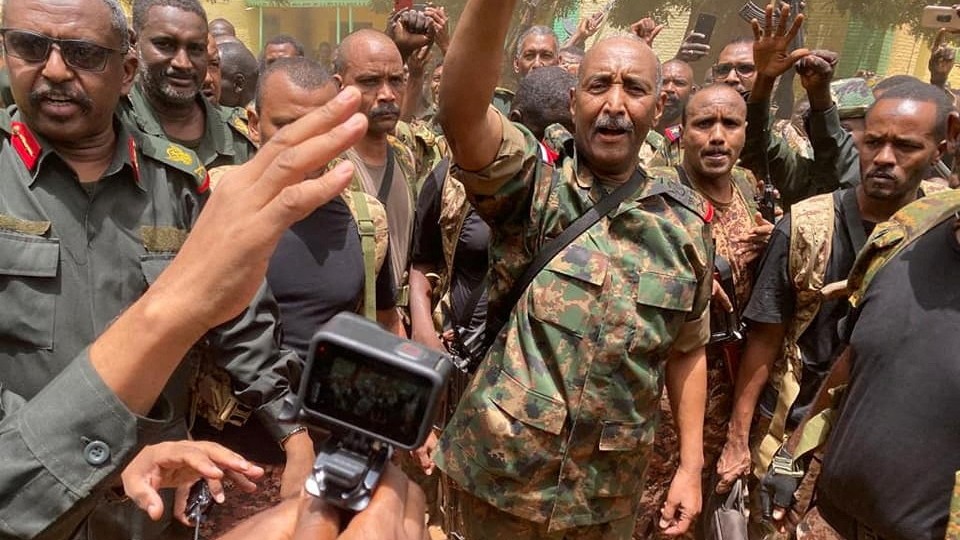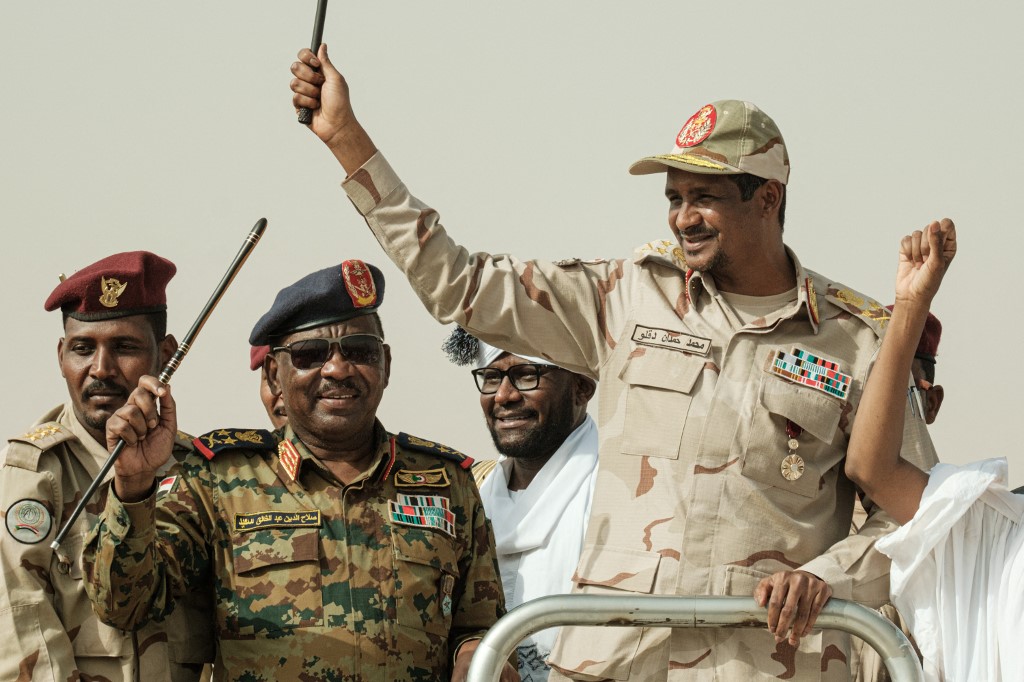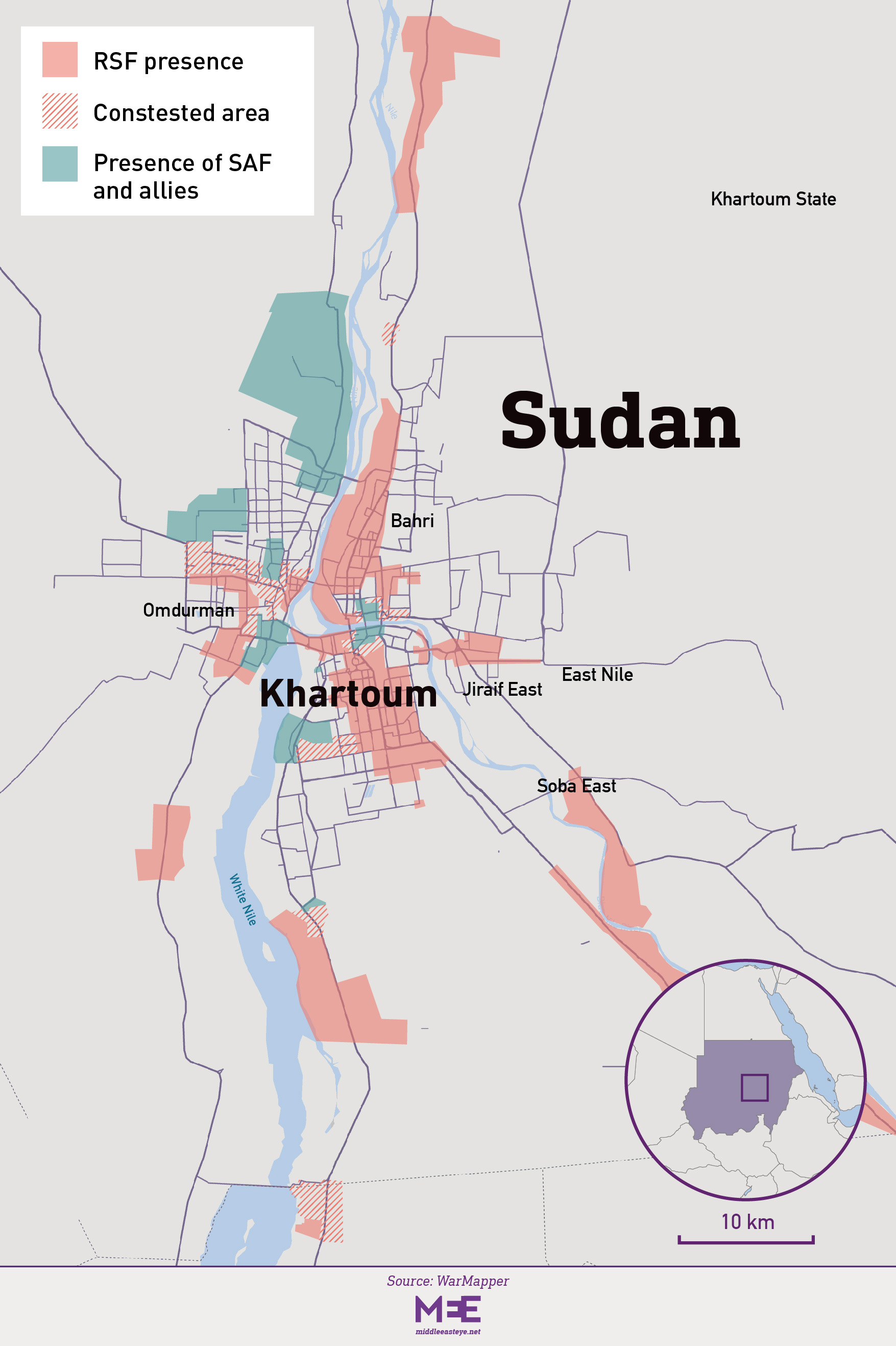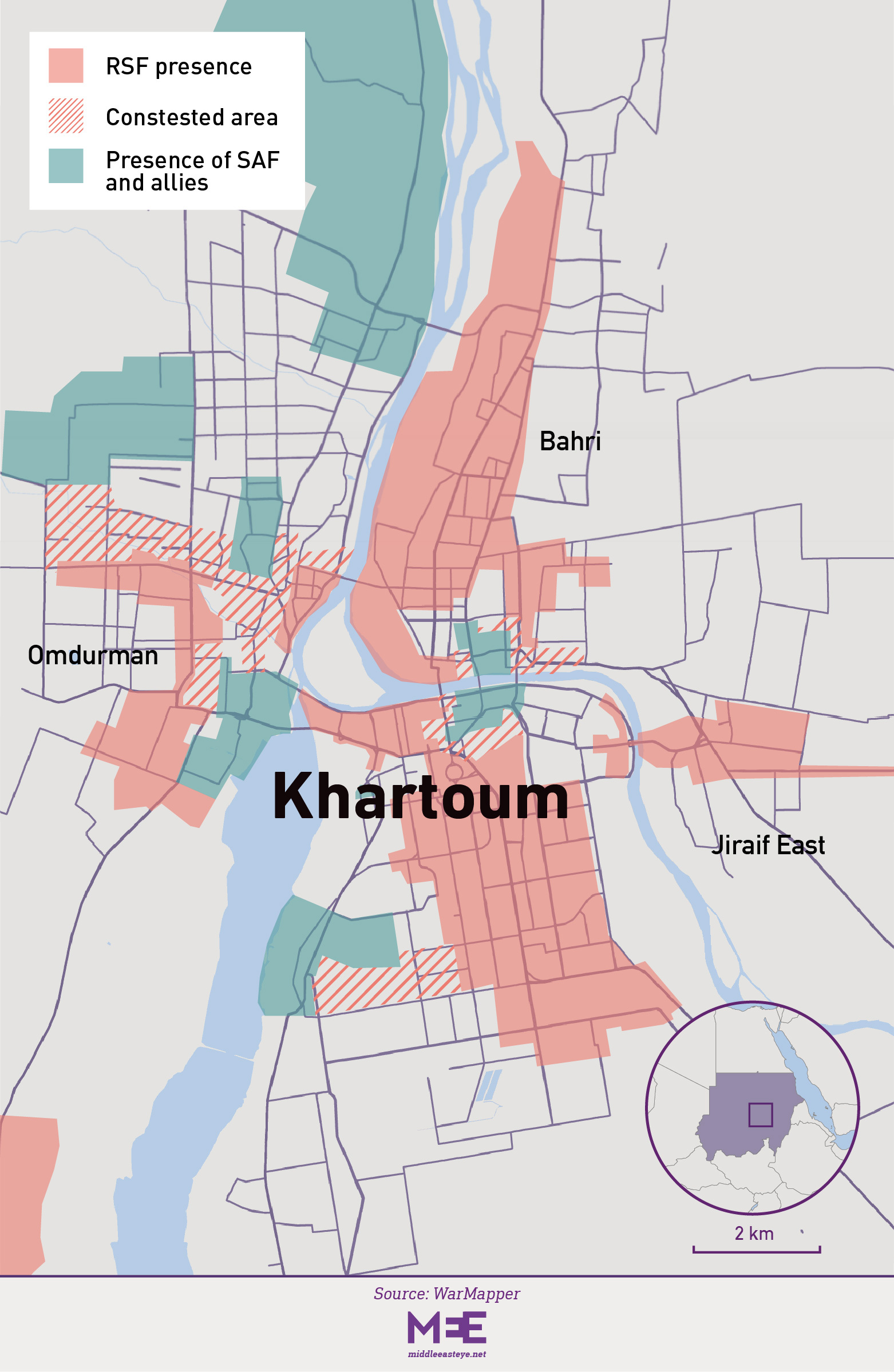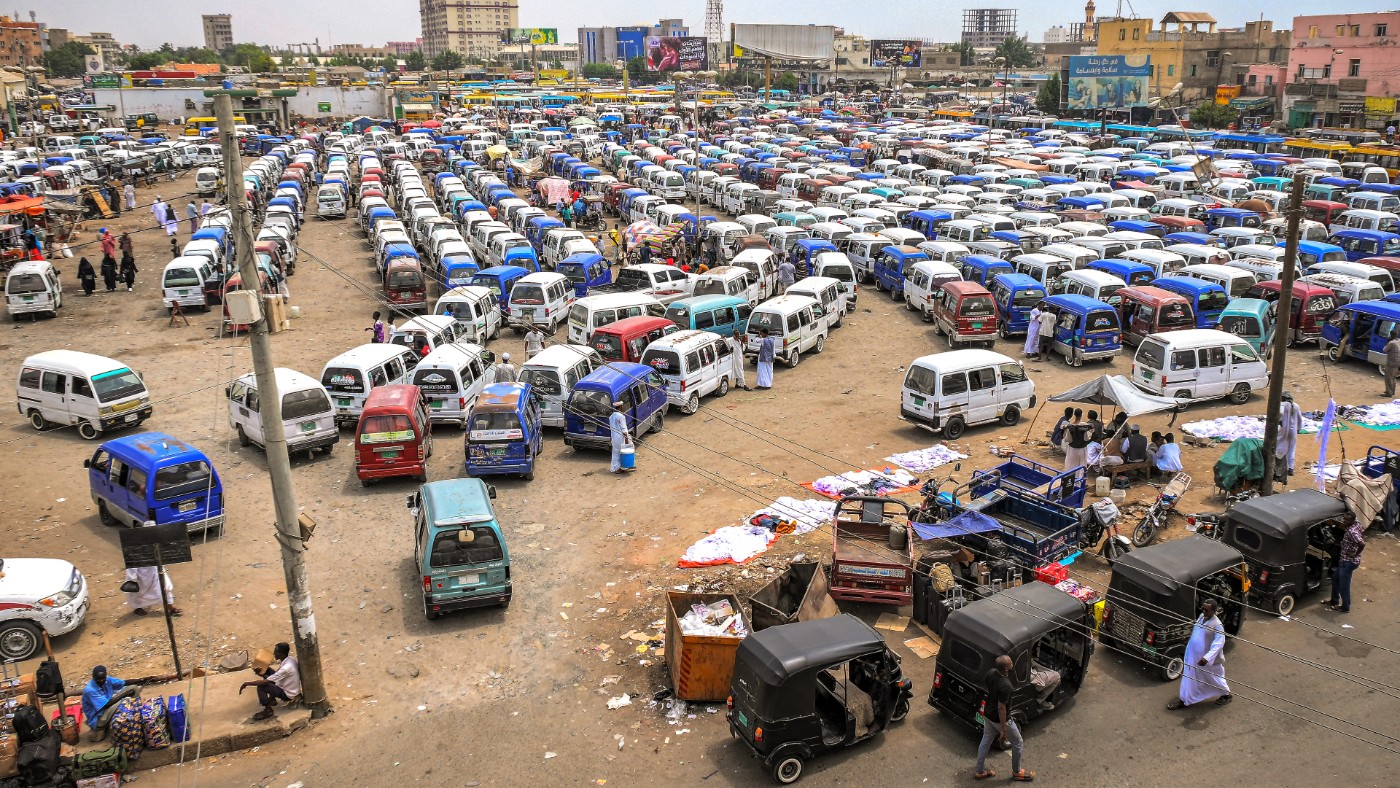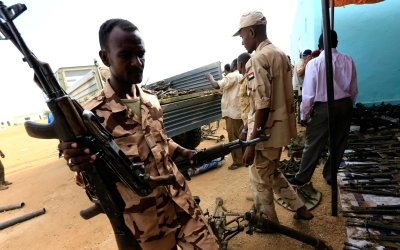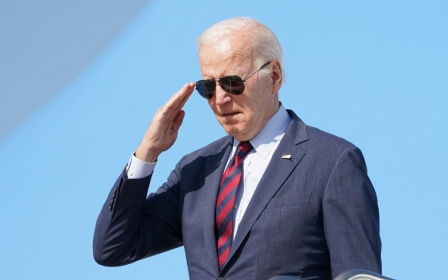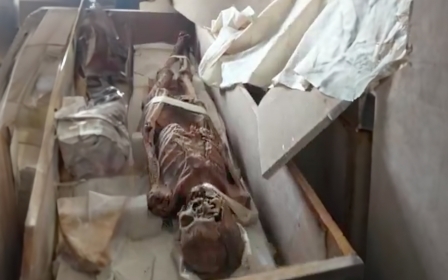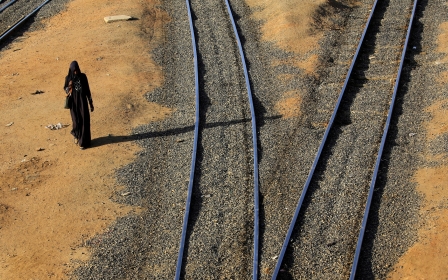Sudan war to enter its deadliest phase yet
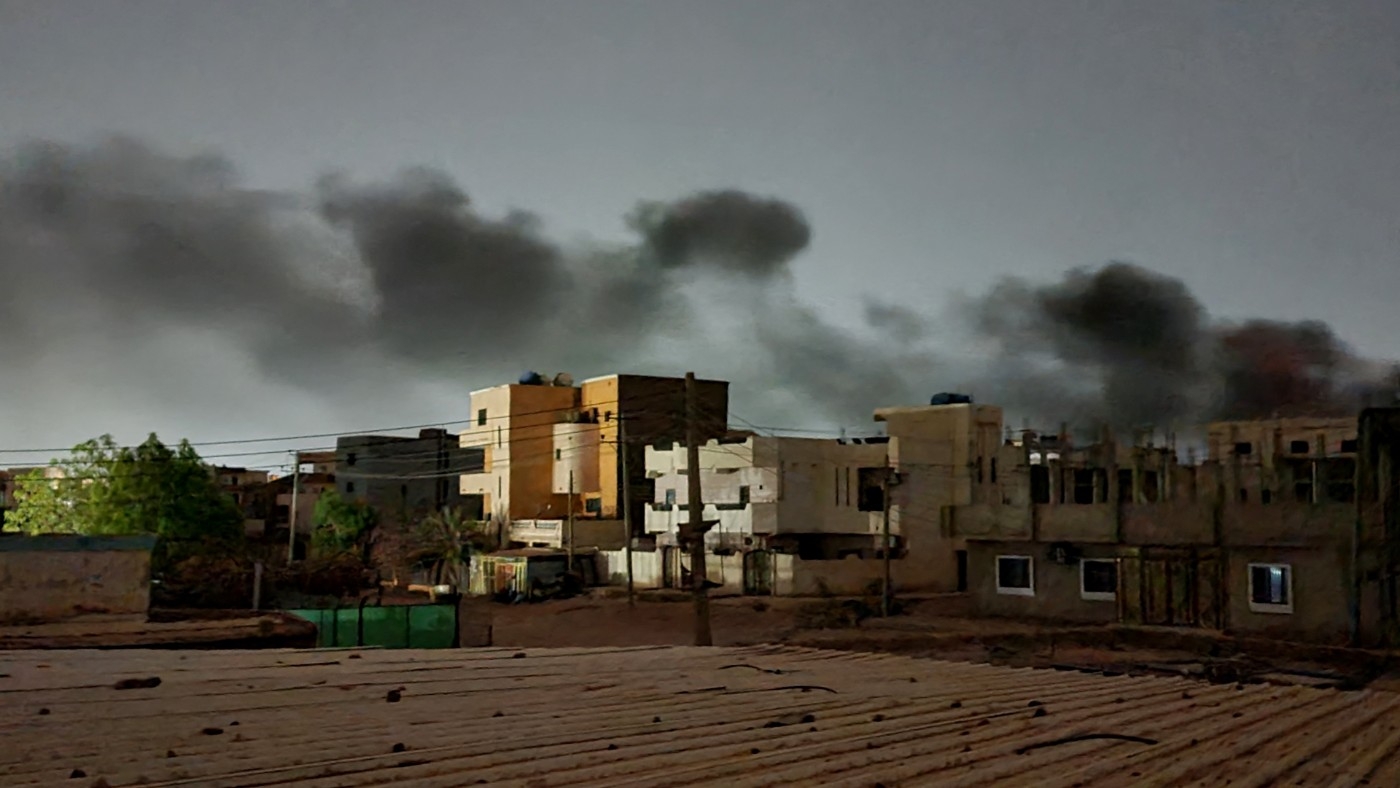
The hope did not last long, and now the war in Sudan has entered a new phase. Already it looks as if the fighting will be fiercer and the casualties will be greater, as the conflict spirals out beyond Khartoum and Darfur into other parts of the country.
On Monday night, a week-long ceasefire brokered in the Saudi Arabian port city of Jeddah came to an end. It had not been perfect, but it had been an improvement on the six truces that had come and gone before.
The United States and Saudi Arabia, which have been mediating talks between the Sudanese army and its enemy, the paramilitary Rapid Support Forces (RSF), pushed to keep the discussions going, with the hope of brokering more than just another ceasefire.
But fighters from both sides were already on the move, preparing for counter-offensives. Army general Abdel Fattah al-Burhan and his rival, RSF chief Mohamed Hamdan Dagalo, commonly known as Hemeti, were taking the gloves back off.
On Monday, a western military analyst told Middle East Eye, army troops were moving from across the country towards Khartoum. Divisions from Atbara, Damazin and Wad Madani were all on their way to the capital.
New MEE newsletter: Jerusalem Dispatch
Sign up to get the latest insights and analysis on Israel-Palestine, alongside Turkey Unpacked and other MEE newsletters
At the same time, 200 RSF vehicles were heading to a base in North Kordofan, in preparation for an offensive on El Obeid, the state's capital. On the evening of Tuesday 30 May, the paramilitary hit the city in south-central Sudan, with the military analyst and local sources saying that the 5th Division of the Sudanese Armed Forces (SAF) held them off.
"The 5th Division is a legendary SAF unit known for its fighting capacity," the analyst, who cannot be identified for security reasons, said. "It is one of the few that actually has combat experience."
Cameron Hudson, a former CIA analyst and senior associate at the CSIS Africa Program, told MEE: "Both sides have been preparing major offensives. The army is trying to retake Khartoum. It's unclear who is responding to who."
The humanitarian situation is dire. Over 1.4 million people have been displaced by the war and thousands are thought to have been killed, though official figures are currently lower. In the first eleven days of the fighting, which began on 15 April, seven children were killed or injured every hour.
As the Jeddah talks were failing and his troops were moving, Burhan appeared in public on Tuesday, walking amongst his men, flashing a smile for the cameras and issuing a threat to his opponents. "The army is fighting this battle on behalf of the people and has not yet used its full lethal force," he said.
This full force would be unleashed if the RSF did not respond to reason. In the past few days, eyewitnesses have reported that the army is using multiple launch rocket systems (MLRS) in Omdurman, Khartoum's twin city, a development that will likely result in greater civilian casualties.
On Thursday, the army suspended talks with the RSF, accusing the paramilitary of a lack of commitment in implementing any terms of the agreement and a continuous violation of the ceasefire.
Youssef Ezzat, political adviser to the Rapid Support Forces, told MEE that the army had actually pulled out of the talks because "there is a difference within the negotiating delegation of the army, and this is related to the disagreement of their leaders inside. Some of them want the battles to continue, and some of them want to negotiate."
Therefore, Ezzat said, the army "needs to stop the negotiations to arrange their internal position".
As part of the talks, the control of Sudanese territory needed to be established in order to ensure the ceasefire and to determine who was violating it. Ezzat said the army did not want the peace talks' committee to know who was in control of Khartoum.
In response to the army's withdrawal, the US and Saudi Arabia announced a suspension of the Jeddah talks, citing "repeated serious violations" by both sides of the short-term ceasefire agreement.
The White House then announced its first round of sanctions on Sudan, imposed on two companies connected to the army and two connected to the RSF.
"We can see the sanctions as a warning sign, but it doesn't impact on the real issue," Jihad Mashamoun, a Sudanese researcher and political analyst, told MEE. "The real issue at the moment is that these two sides don't want to resolve this conflict for internal reasons. Each one has its own networks."
For the RSF, those networks mainly relate to gold trading and arms procurement, and involve the UAE and Russia. The army still controls a significant military-industrial complex, including arms manufacturers.
Fighting in and around Khartoum
As Washington tried to exert some influence from a distance, the fighting has got worse and is now moving beyond the Khartoum area and Darfur.
A fierce battle is underway for the capital and its surrounding region. The western military analyst told MEE that Burhan's position in the army is fragile, and that his deputy Shamseddine Kabbashi is in charge of the battle for Khartoum.
On Saturday, the deputy director of Sudan's national museum said the RSF had taken over the institution, raising fears for the safety of important artefacts, including ancient mummies.
The day before, MEE reported on a video of RSF raiding an archaeological laboratory co-founded by the British Museum. Paramilitary soldiers declared that the ancient skeletons before them, dating back some 4,000 years to the kingdoms of Kerma and Kush, were the "work of the kayzans" - supporters of former autocrat Omar al-Bashir.
The army has bombed the RSF's Hasnab camp and has tried to take over the paramilitary's base at Taiba, near Jebel Aulia, a village about 40km south of Khartoum.
The army’s 18th Division, from the city of Kosti, made a push to capture the camp but failed to take it. As a result, the division is thought not to have reached Khartoum.
According to the Khawaja Miskeen newsletter, paramilitary fighters referred to the clashes as the "battle of the onion", a reference to rumours that army soldiers are eating onions while the RSF are dining on meat.
RSF drones and army tanks
Eyewitnesses in Khartoum told MEE that drones have appeared in the skies above the city in the past week, particularly around southern Khartoum, where the army's tank unit is based. The witnesses said these drones belong to the RSF and have been attacking the tank unit, which has been responding with fire.
Hassan Ibrahim, a resident of the Gabra neighbourhood in southern Khartoum, said he had seen a new kind of drone attacking the tanks. "From my neighbourhood I can see new drones in the sky. They are red. I used to see army drones and planes – this is the first time I've seen drones of this kind and colour," he told MEE over the phone.
"When they come close to Gabra and the headquarters of the army's tank unit in al-Sahafa, the army fires back using anti-aircraft guns," Ibrahim said.
Another witness, al-Sahafa resident Mohammed Alnur, said it was the first time since the start of the war that he had seen the nearby tank unit attacked from the air.
"Since the beginning of the war, we have seen SAF aeroplanes attacking RSF positions, and the RSF sometimes even downed those planes. But it's the first time we have seen RSF drones attacking and the army repelling them with intensive fire," Alnur told MEE.
Drones are thought to have also been used by the RSF in Yemen, where the Sudanese paramilitary forces fought on the side of the Saudi Arabian and UAE-led coalition against the Houthi movement.
Hafiz Abdul Rahim, from al-Halfaya in Khartoum State, said the RSF was using rockets to threaten army planes flying from Wadi Seidna airbase, north of Khartoum.
"The paramilitary is camping on the opposite side of the Nile in a neighbourhood called Wad Ramly," he told MEE. "They are deploying rockets and fire against the military planes that try to fly and strike other RSF positions in Khartoum."
Hudson, the former CIA analyst, said of the battles: "It seems to be quite evenly poised. The issue is that while it looks like the RSF controls much more in Khartoum and the surrounding area, it is much more thinly dispersed."
Lockdown in Port Sudan
In Port Sudan, the capital of Red Sea state, local authorities have declared a state of emergency and imposed overnight curfews, empowering army, police and intelligence services.
Sources in Port Sudan, which has become Sudan's de facto administrative capital, told MEE that authorities there are anticipating hostile movements from RSF agents in the state.
"The state of emergency is aimed at securing the state in front against any probable hostile movements by RSF agents who escaped into the neighbourhoods of Port Sudan after being defeated in the first two days of the conflict," a source close to the army said.
The RSF surrendered to the army in Port Sudan on 15 and 16 April.
Since then, the city has been relatively peaceful and has been the centre for the evacuation of refugees to Jeddah in Saudi Arabia. Hundreds of thousands of internally displaced people have put the city's infrastructure under dire pressure. It is also the main entry point for international aid.
But the RSF is moving men into the state and reactivating those already there. An army source in Port Sudan said that "part of the RSF component that surrendered have escaped into the city. This is very alarming, so this is why the authorities want to arrest them all."
Another army source said that it was conducting a campaign of arrests against RSF soldiers who had escaped in Port Sudan.
"I have a neighbour in the Daim Mayo neighbourhood of Port Sudan. He was an RSF soldier undergoing training when the war erupted and he was just allowed to leave the training camp when it began and the RSF surrendered," the source, who asked for anonymity for security reasons, said.
"A few days ago, military intelligence came to his house in the night and arrested him."
Meanwhile, access to the city has become more difficult. "Road access in and out of Port Sudan has been blocked by the army. This will have a major effect on the humanitarian situation," Hudson said.
The balance of power
It has become clear over the course of the war that, while the army outnumbers the RSF by as much as two to one (the army is thought to have around 200,000 active personnel, while the paramilitary has upwards of 85,000 men), the paramilitary is much more effective on the ground.
"The power balance is unclear," the western military analyst said. "It was always assumed the RSF was punching upwards, given the army's advantage in terms of troop numbers and 100 years of institutionalisation. But it has struggled."
The RSF has veterans from conflicts in Mali, Libya and Yemen, not to mention the war in Darfur.
Against this, the army's infantry capacity is low, the analyst said, and it has looked out of its depth in street battles in Khartoum and Omdurman. In Darfur, the SAF has only been able to maintain defensive positions and is looking to outsource most of its engagements to rebel groups.
Over four days leading up to Saturday, RSF soldiers have looted more than five banks in Darfur's Nyala, with the army offering no response. There is currently no fighting in Nyala or El Fasher cities, while getting information out of Zalingei or Geneina has been difficult.
This lack of fighting capability has led the army to enlist the infamous Central Reserve Police, an estimated 80,000-strong force sanctioned by the US. The army has also tried to rope in regular police forces and has called on retired officers and soldiers to join the fight.
In Darfur, homeland of the RSF, the army has looked to create an anti-Hemeti coalition, issuing ultimatums to the state's governor Minni Minnawi, a former warlord who eventually, on 30 May, heeded the army's calls.
From the beginning of the war, the question of outside influence has been keenly debated. An Egyptian military source told MEE early on that Egyptian pilots were flying Sudanese army planes, something the army denies.
On the border with Central African Republic (CAR), MEE has reported on cooperation between the government of CAR, the Russian military group Wagner and the RSF. Eastern Libyan commander Khalifa Haftar is thought to be supplying the Sudanese paramilitary with the help of Abu Dhabi.
"I think the difference maker will come from outside," Hudson said. "My understanding is that the Emiratis have become fully invested in an RSF victory."
For now, there seems to be no end in sight, with Sudan's war in its latest, deadliest phase.
Middle East Eye delivers independent and unrivalled coverage and analysis of the Middle East, North Africa and beyond. To learn more about republishing this content and the associated fees, please fill out this form. More about MEE can be found here.


